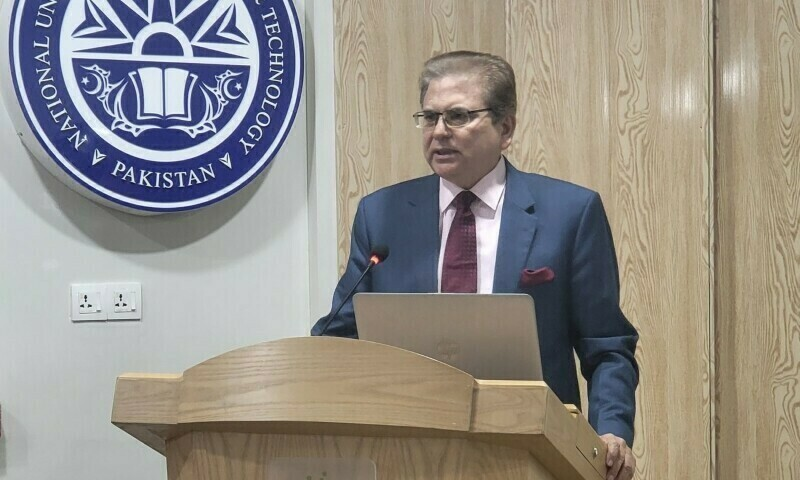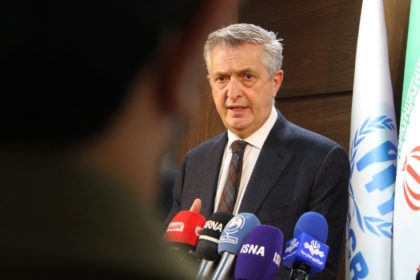RASC News Agency: Amid escalating regional tensions and widespread condemnation of Pakistan’s mass expulsion of Afghanistani refugees, a senior Pakistani delegation led by Mohammad Sadiq, Islamabad’s Special Representative for Afghanistan, arrived in Kabul on Wednesday for a high-level diplomatic visit. According to credible sources in Islamabad, the purpose of this one-day mission is to attend a meeting of the Joint Coordination Committee between the two neighboring countries and to hold discussions with senior figures within the Taliban regime. The agenda reportedly includes bilateral relations, border security, trade cooperation, counterterrorism measures, and, most critically, the ongoing humanitarian crisis triggered by the forced deportation of tens of thousands of Afghanistani nationals.
This visit unfolds against the backdrop of worsening relations between Islamabad and the Taliban authorities in Kabul. Over the past two weeks, Pakistan has expelled nearly 50,000 undocumented Afghanistani refugees, a figure that continues to rise daily. The Taliban, whose governance lacks international legitimacy and is widely criticized for its human rights abuses, has decried the deportations as a breach of “humanitarian principles and international law.” Yet, this rhetoric stands in stark contrast to the Taliban’s own oppressive treatment of ethnic minorities, women, and dissenting voices within Afghanistan. Pakistani authorities, for their part, have remained firm. Officials insist that the removal of all undocumented foreign nationals including those in possession of the so-called “Afghanistani Citizen Cards” is a final and non-negotiable policy. They have categorically ruled out any extension or reconsideration of the deportation timeline, signaling a hardened stance in Islamabad.
Adding to the complexity, former U.S. Special Envoy for Afghanistan, Zalmay Khalilzad, has issued a stark warning that Pakistani intelligence services may be exploiting the deportation campaign as a smokescreen to facilitate the relocation of Daesh-affiliated operatives into Afghanistan’s territory. Such a move, if confirmed, would not only exacerbate security risks within Afghanistan but could also destabilize the wider region. Observers note that the Pakistani delegation’s arrival in Kabul may serve multiple purposes: beyond easing short-term diplomatic strain, the visit could be a calculated attempt to maintain communication channels with Taliban leadership despite their widely denounced governance while preventing the eruption of further volatility along the porous and restive Durand Line.
Critics argue, however, that the Taliban’s capacity to engage in serious diplomatic discourse is fundamentally compromised by its track record of authoritarian rule, suppression of civil liberties, and unwillingness to adhere to basic international norms. In this context, any dialogue with the Taliban while perhaps necessary for pragmatic reasons remains deeply fraught and unlikely to yield durable solutions unless accompanied by meaningful reforms and a departure from the group’s extremist ideological foundation.






